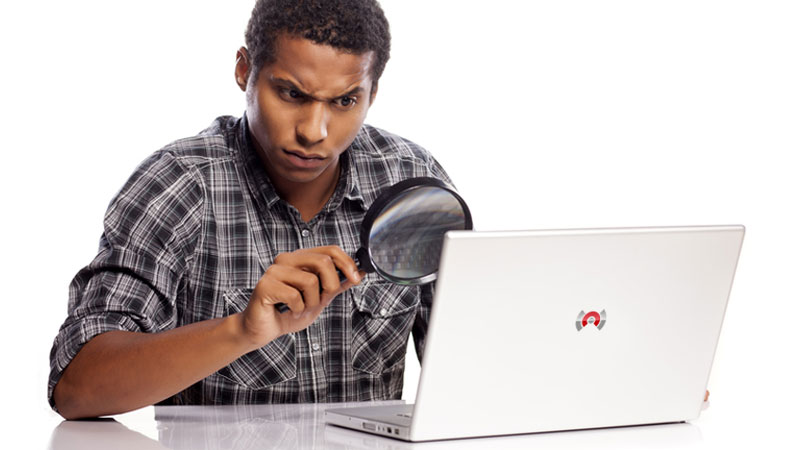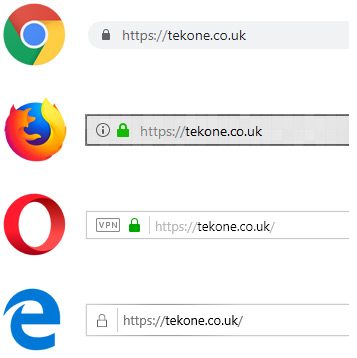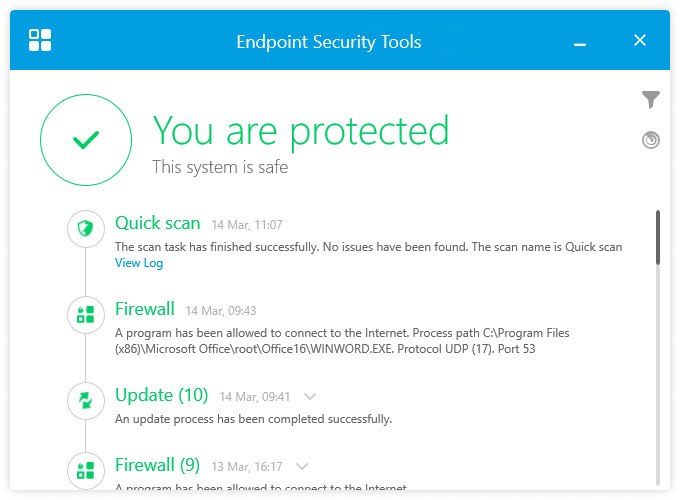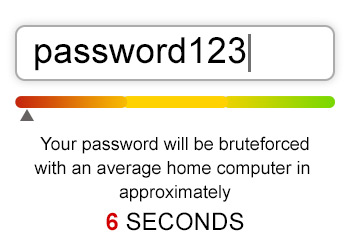
Phishing Emails
Always be careful about links that you see online or receive in an email, as these links can easily be faked to look legitimate but end up downloading malicious software onto your machine. Always be careful and wary of links that you weren’t expecting. Sometimes you may receive an email from your bank or another website that you visit that states that suspicious activity has been detected from your account. Most of the time these emails are phishing emails, designed to trick you into thinking you’re on a legitimate website, where in reality you end up inputting your details into a fake site. If you’re worried about one of these emails being true, it’s best to find your own way to the website and change your details. That way you make sure you’re on the right website, and not giving someone else your details.
Web Browsing
When online it’s important to make sure that you stay safe online, preventing you from being attacked from nefarious people and having your data stolen and/or misused.
When browsing online and on any website that has forums on it that will require logging in or inputting any personal details, make sure to look for a lock and the HTTPS tag in the top URL bar, as this will inform you that the website you are visiting is encrypted and has a valid certificate, meaning that they are who they say they are. Without this lock, then the website could be lacking the encryption meaning that the data is being sent over clear text, allowing anyone who intercepts the data to be able to read it. The lack of a lock could also mean that it’s someone impersonating the website trying to get your personal data.

Passwords
When making accounts online make sure to use different passwords for different accounts. If one account gets compromised and there is a data breach, any other account you have that has the same email and password combination instantly becomes vulnerable as well, as the login details would be available in the breach. By having different passwords everywhere, it doesn’t matter if an account does get breached, as they wouldn’t have the correct details for anywhere else. You can use a password manager for a much easier time storing and using the passwords. Always use strong passwords.
Computer Security

Have an antivirus running in the background. Many third-party antiviruses will have web security on them, to help protect you in case you do end up clicking on a wrong link. These antiviruses can cut off the connection between you and the website if it detects malicious activity, like being a fake website, or attempting to download something without your permission, which helps keeping you secure online. No anti-virus is 100% secure, where they won’t have all of the newest websites flagged or a legitimate website might cause a red flag (called a false-positive), but in the majority of circumstances, it will protect you from getting phished or infected. If a malicious file is then downloaded accidentally, the antivirus will perform a scan on it, and if it is detected to be malicious, will then be quarantined to prevent any harm from being done to your computer.
By being careful online, you can keep yourself safe on the internet, keeping your computer free from viruses and other malicious malware, as well as protecting your personal details online, and preventing other people from gaining unauthorized access to your posts and details. Although a good security system will protect you against most threats, it can’t be infallible. It’s important that you — and all your employees, if you’re a company — get into habits that will minimise any remaining risk.
There’s no guarantee that the bad guys won’t find a way around whatever defence you put up, but if you have a strong security system and cultivate good practices, at least you won’t be making it easy for them.
